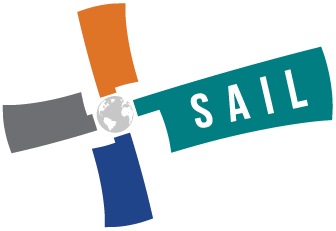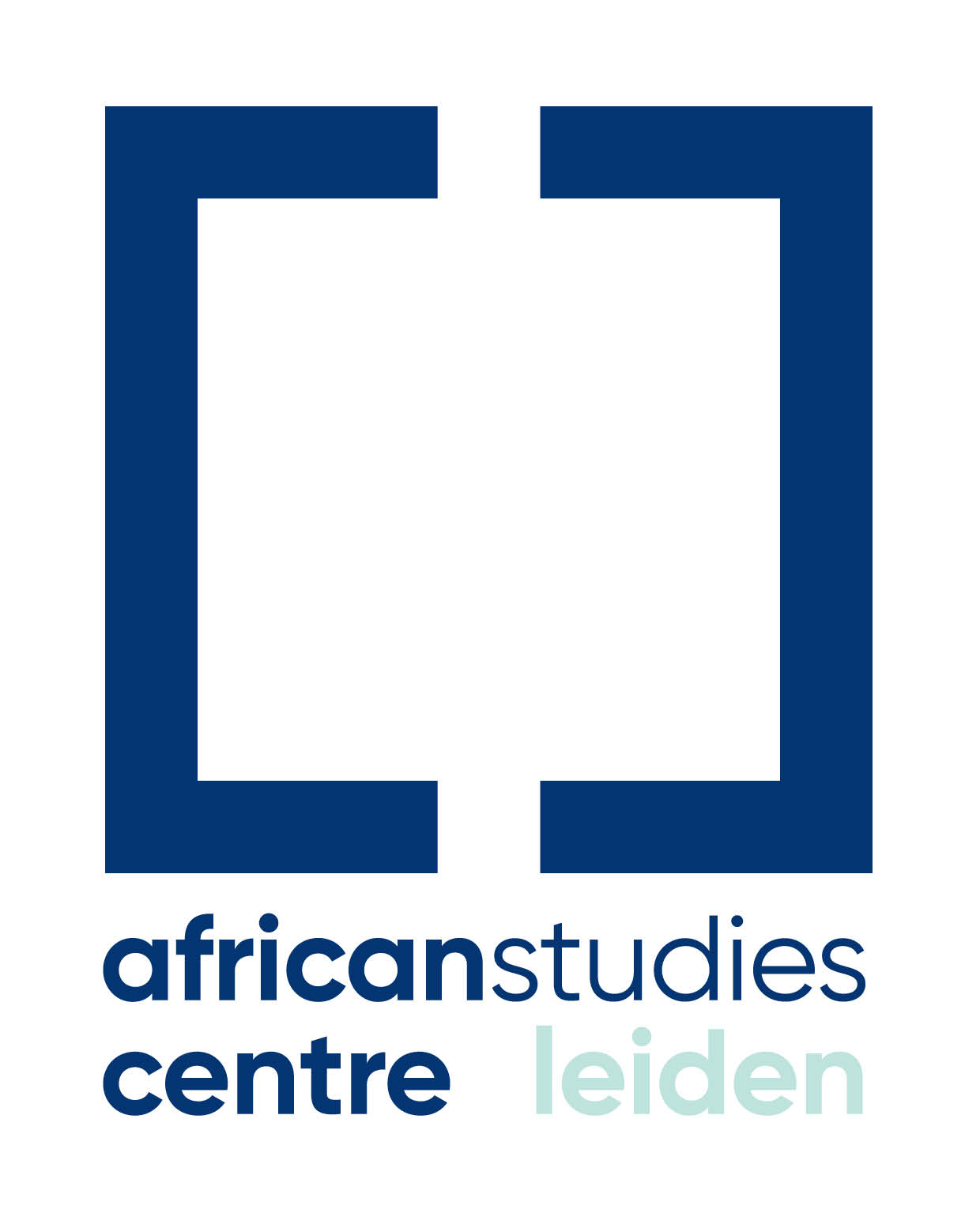
The African Studies Centre Leiden (ASCL) was founded in 1947 as the ‘Afrika-Instituut’. It was officially inaugurated as a scientific institute on 28 August 1958 and was called the African Studies Centre. The ASC has developed into a vibrant centre focusing on research and documentation and since 2016 it is an interfaculty institute of Leiden University. The ASCL has become one of the world’s leading centres for the study and dissemination of knowledge about Africa. Its academic research, which is primarily in the social sciences and the humanities, has a strong empirical base and is also attentive to policy debates. The ASCL has an extensive library and documentation centre with one of the best Africana collections in Europe.
Mission
The mission of the ASCL is to contribute to academic excellence, policy relevance and public debate on Africa-related topics in the Netherlands, Africa and elsewhere. The ASCL positions its research, educational programmes, documentation and outreach work within the larger context of Africa in a world of accelerated change. The current research programme for 2019-2024 is called ‘Strident Africa’ and focuses on societal and environmental change in the context of 50 centuries of history.Since September 2017, the ASCL has six professorial chairs, as well as seven Collaborative Research Groups (CRGs). The CRGs bring together two or more senior members of the research staff of the ASCL, members of the library and support staff, and possibly affiliated members including PhD and Research Master students. CRGs are forums for exchange and debate from a thematic or disciplinary angle, and for initiating joint activities, such as workshops, publication projects, or research. As such, they are vital to the ASCL’s core mission of studying and disseminating knowledge about Africa.
Teaching programmes
The ASCL, in collaboration with Leiden University, offers a one-year MA programme in African Studies and a two-year research MA programme in African Studies. Between 10-25 students follow the one-year MA, and another 5-10 students join for the Research MA programme every year. Students come from all over the world, with the majority being Dutch. In addition to the BA and MA programmes, the African Studies Centre has developed a minor African Dynamics and a minor Frugal Innovation for Sustainable Global Development, in collaboration with Delft University of Technology and Erasmus University Rotterdam. Graduates from the programmes work in a wide range of sectors, including academia, journalism, with NGOs and governments.
Networks and collaboration
The ASCL has a long history of partnerships with other international knowledge institutes, NGOs and the Netherlands Ministry of Foreign Affairs. The ASCL was one of the founders of AEGIS, the network of African Studies Centres in Europe that was set up in 1991 to build on the resources and research potential available within Africanist institutions in Europe. In Africa, the ASCL collaborates with the Council for the Development of Social Science Research in Africa (CODESRIA) and the African Economic Research Consortium (AERC), as well as a number of universities. The ASCL contributes to knowledge production in the current focus areas of Dutch government policy, while still maintaining its academic independence and its own research agenda. The ASCL is the secretary of the Knowledge Platform on Inclusive Development Policies (INCLUDE).
Alumni
The ASCL has had approximately 80 PhDs since 2007. They come from Ethiopia, Namibia, South Africa, Morocco, Mexico, China, Nigeria, Ghana, Mali, Netherlands, Ghana, Ethiopia, USA, Senegal, Botswana, Denmark, Cameroon, Chad, Kenya, Tanzania, Zimbabwe, Vietnam, UK, Italy.
As of 2019 the ASCL has its own Graduate Programme African Studies.
The ASCL has education partnerships with the following institutions in the global south:
- Ghana, University of Ghana, Legon;
- South Africa, Stellenbosch University, Stellenbosch;
- South Africa, University of Cape Town, Cape Town;
- Ethiopia, Addis Ababa University, Addis Ababa.
The ASCL has research projects in Morocco, Senegal, Mali, Niger, Burkina Faso, Chad, Nigeria, Cameroon, Ghana, Ethiopia, Ruanda, Burundi, Uganda, Kenya, Tanzania, Zambia, Namibia, Botswana, Zimbabwe, South Africa, Angola.
Current PhD researchers are from Benin, CAR, Chad, China, DR Congo, Ethiopia, France, Ghana, Italy, Kenya, Mali, Mozambique, Netherlands, Nigeria, Poland, South Africa, Zimbabwe.

